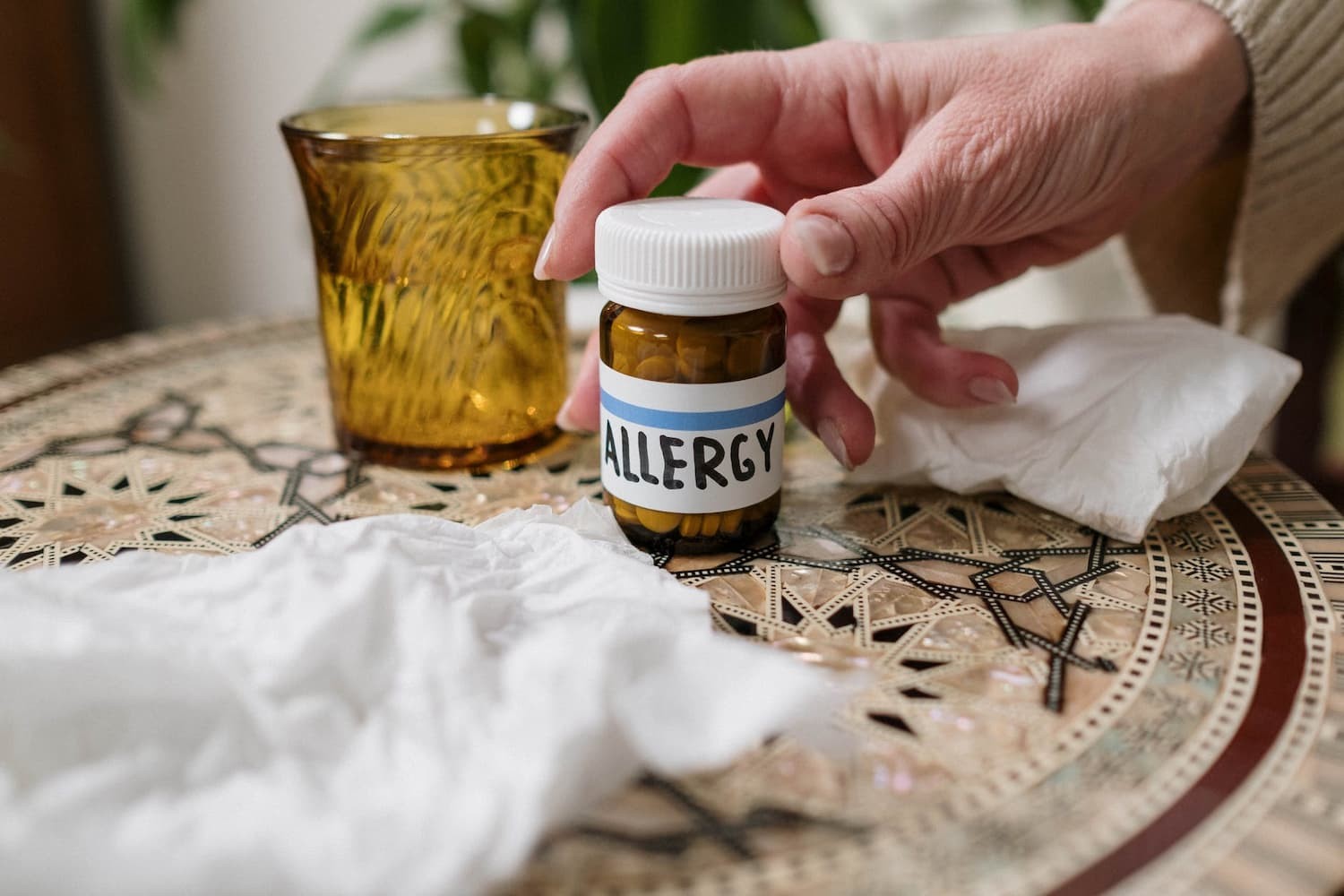
Is an itchy body, a swollen mouth, or a headache indicative of a food allergy or food sensitivity? Because both cause an almost identical immune response, it's easy to confuse food sensitivity for an allergic response and vice versa. However, there is a significant difference between them that you should be aware of so that you can receive the appropriate treatment.
What is an Allergy?
Allergies are caused by an immune system response to a specific allergen. Common allergens include pollen, tree nuts, dairy products, eggs, dust mites, animal dander, insect bites, medications. Allergic reactions occur when the body's immune system overreacts to a particular substance, mistaking it for a harmful invader.
When you're exposed to a food allergen or other types of allergens, your body could manifest a mild or life-threatening allergic reaction. Common allergic symptoms include:
- Itchy skin
- Itchy and watery eyes
- Stomach pains
- Trouble breathing
- Swelling
- Nasal congestion or runny nose
- Nausea or vomiting
- Lightheadedness
- Hoarse voice
Severe symptoms include wheezing or noisy breathing, a drop in blood pressure, and even loss of consciousness. This is referred to as an anaphylactic reaction, and it is extremely dangerous and requires immediate medical attention. Food allergy symptoms, as well as other types of allergies, can vary depending on the individual's immune reaction.
What is Food Sensitivity?
You've probably heard the terms "gluten intolerance" and "lactose intolerance" many times, but couldn't quite grasp what they meant. You may have mistaken food intolerances and food allergies for the same thing. In reality, they are distinct because food intolerances or sensitivities are a digestive issue caused by an enzyme deficiency. Lactose intolerance, for example, is caused by a lack of the enzyme lactase in the small intestine.
If you eat something that you are intolerant to, you may suffer from an upset stomach. Food sensitivities can harm the stomach lining if it's left untreated, but it does not lead to anaphylaxis, which is a hallmark of allergic diseases.
People with celiac disease, which is an immune response to gluten, a protein found in wheat and other grains, are an example of people who have food sensitivity. Histamine intolerance occurs when a person has difficulty breaking down histamine, a compound found in certain foods.
Food intolerance symptoms include:
- Gastrointestinal problems
- Skin rash
- Headaches or brain fog
- Fatigue
The signs of food sensitivities vary from person to person. Some people may experience diarrhoea, constipation or bloating. Others may have skin issues like eczema or hives, and some people may simply feel fatigued or have trouble sleeping. While food allergies can be dangerous, most food sensitivities are not life-threatening. However, they can still be very uncomfortable and may cause serious health issues if left untreated.
Source: Romer Labs
What Causes Allergies or Sensitivities?
There is no single cause of allergies or sensitivities, but there are some risk factors that can make people more likely to develop them. A genetic condition, such as eczema or asthma, increases the likelihood of developing allergies or sensitivities. Besides genetics and family history, other factors that contribute to the development of food allergies or sensitivities are:
- Environment
- Certain foods like peanuts, milk products, soy and shellfish
- Medical conditions
- Medications such as penicillin
Lifestyle factors can also contribute to the development of allergies and sensitivities, such as smoking or exposure to second-hand smoke, as well as excessive alcohol consumption. If you think you may have an allergy or sensitivity, it's important to see a doctor or allergist to get properly diagnosed and treated.
How are Allergies and Sensitivities Treated?
There is no cure for allergies or sensitivities, but there are ways to manage them. Avoidance of the allergen is the best way to prevent an allergic reaction from occurring. Once you have identified the cause of your allergic reaction, your doctor may prescribe one or more of the following:
- Over-the-counter or prescription drugs such as antihistamines
- Elimination diet or removal of suspect foods from your diet
- Immunotherapy
- Wearing protective clothing or a mask when going outdoors
The treatment for food allergies or sensitivities varies depending on the symptoms of food intolerance or allergy manifested by an individual. There is no clear-cut way to prevent allergies or sensitivities from developing, but there are some things you can do to reduce your risk. Some tips include being mindful of what you eat, especially when dining out, and being aware of the triggers and how to avoid them.
Allergies and sensitivities can be challenging to manage, but knowing the difference is a good place to start. If you have symptoms of a food allergy or sensitivity, see your doctor right away and get tested. An allergy specialist is one of many health professionals who specialise in allergies and sensitivities. There are also lots of resources on Natural Therapy Pages to help you learn more about these conditions and how to best treat them.









